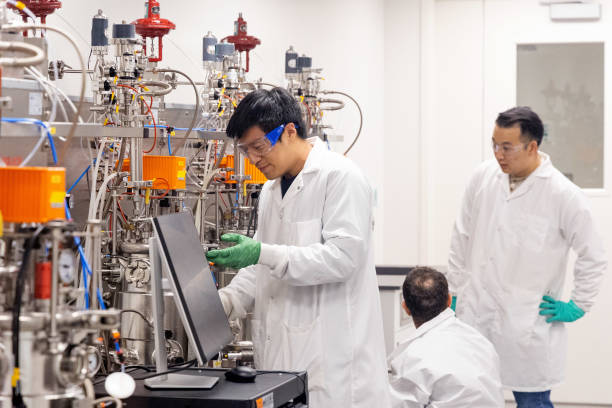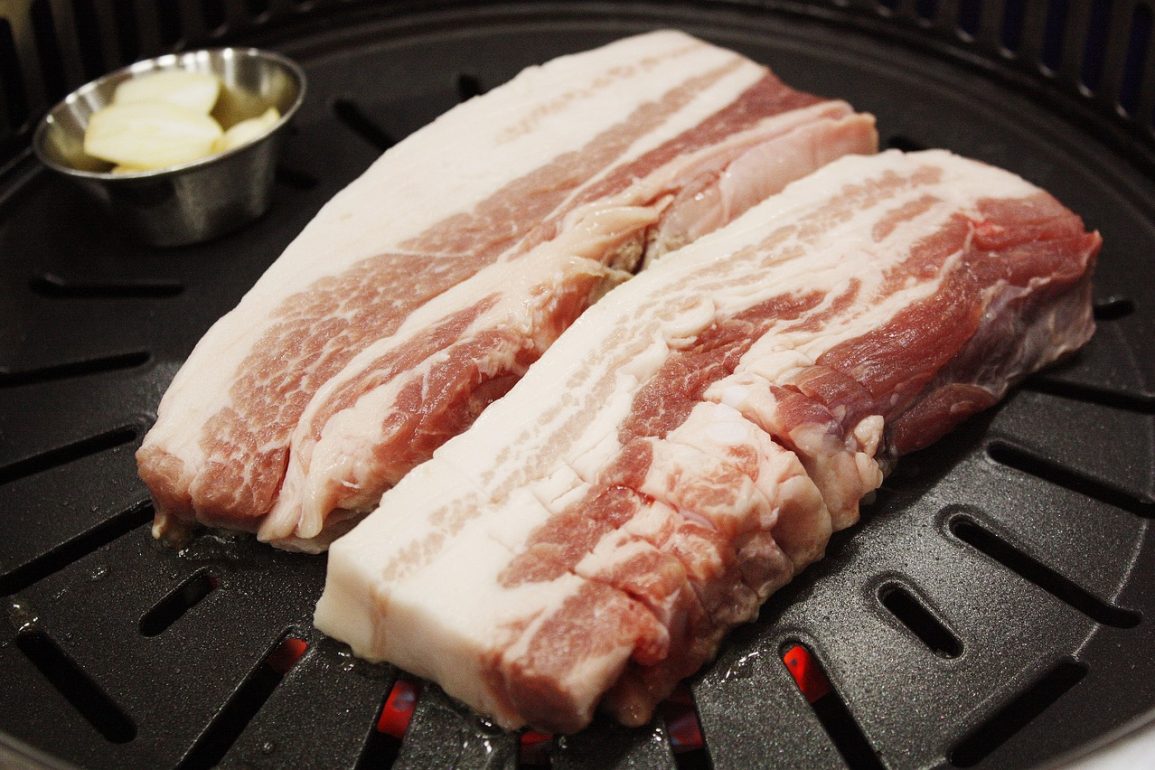Lab-grown meat has transitioned from science fiction to reality, with cultured meats now available in some U.S. restaurants. As of 2023, innovations in this field are expanding the possibilities of “clean meat.”
Recent research published in the Journal of Agricultural and Food Chemistry highlights a new approach to producing cultured pork using kafirin proteins derived from red sorghum grain.
Both cultured and plant-based meats are emerging as ethical and environmentally friendly alternatives to traditional animal farming. These methods utilize significantly less land and water while producing fewer greenhouse gas emissions.
Unlike plant-based alternatives, cultured meats are made from actual animal cells cultivated in a lab environment.
This process involves using porous protein scaffolds, which support cell growth and mimic the texture of real meat.

Researchers, including Linzhi Jing and Dejian Huang, have proposed kafirin as a gluten-free, water-insoluble option for scaffolding cultured meats.
The team developed a 3D protein scaffold by soaking sugar cubes in a kafirin solution, which adhered to the sugar.
After dissolving the sugar, they introduced pork stem cells to the remaining structure. Within 12 days, the cells attached to the kafirin and began differentiating into muscle and fat cells.
Analysis revealed that this cultured pork prototype contains higher protein and saturated fat levels compared to raw lean pork, along with beneficial antioxidant properties from the red pigments of sorghum.
The stability of sorghum’s structural proteins helped maintain the meat’s texture and color during cooking, resulting in minimal differences between the raw and cooked products.
While further refinement is necessary, this research underscores the potential of kafirin as a scaffold material in the advancement of cultured meat technologies.

